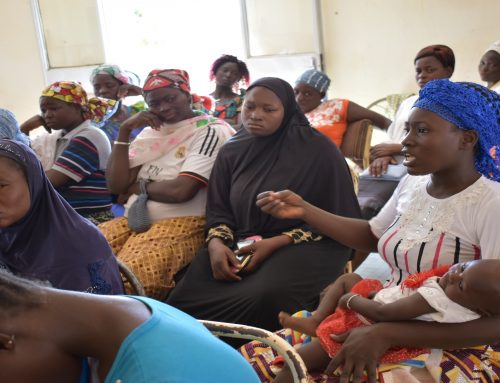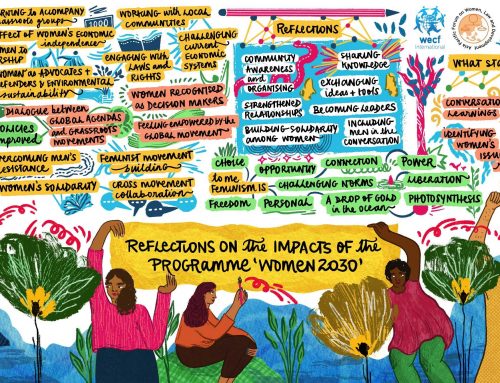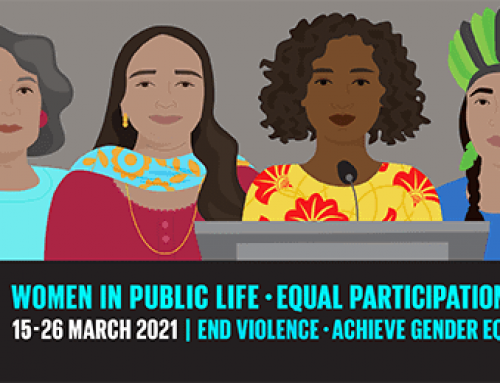The Kyrgyz Republic has undergone significant political and economic changes since 2000, and these changes have undoubtedly had an effect on gender equality outcomes. In 2010, Rosa Otunbayeva was appointed interim president, thereby becoming first female head of state of a member of the Commonwealth of Independent States. The number of women representatives in the country’s parliament has also increased. Considerable attention has been paid to the development of gender equality policy since 2010, although implementation has remained slow.
Since Kyrgyzstan’s independence in 1991, declining employment opportunities for women has led to increasing difficulties in securing a livelihood or achieving meaningful participation fully in decision making. Cultural practices such as the kidnapping of brides and early marriage for girls persist, despite being increasingly challenged by women’s rights non-government organizations. Yet progress can be seen in the passing of a new law in January 2013 which has the effect of equating the abduction of women for marriage with the act of kidnapping under the criminal code, with equivalent penalties.







